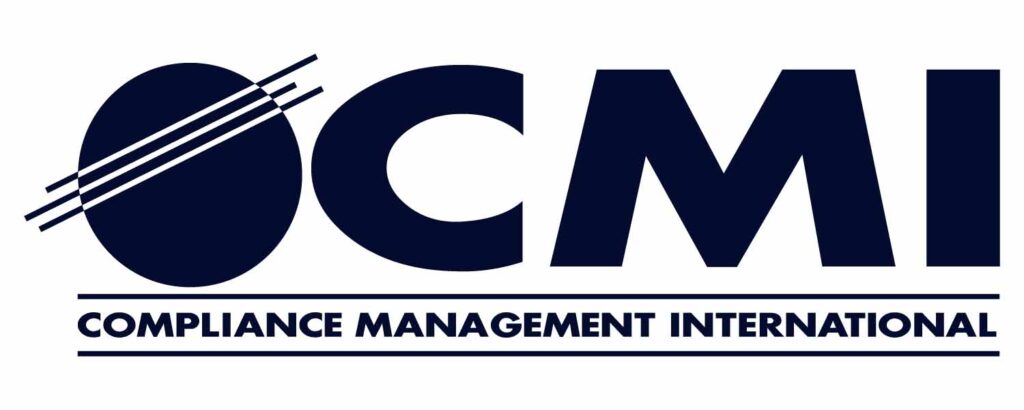Environmental, social, and governance (ESG) refers to a set of standards for a company’s behavior that can be used by socially conscious investors to screen potential investments. Environmental criteria consider how a company safeguards the environment, including corporate policies addressing climate change, for example. Environmental issues may also include energy use, waste, pollution, natural resource conservation, and treatment of animals. Social criteria examine how it manages relationships with employees, suppliers, customers, and the communities where it operates. Governance deals with a company’s leadership, executive pay, audits, internal controls, and shareholder rights.
The Securities and Exchange Commission has proposed a rule requiring ESG disclosures of certain listed companies. The demand for ESG reporting is growing due to increased scrutiny from stakeholders and investors who are looking for ESG disclosures to steer their investing. While this has had a big impact on publicly traded companies, it is also trickling down and impacting their suppliers and vendors.
CMI has been supporting organizations to improve environmental, health and safety management systems which makes them better prepared to report for ESG and provide effective responses to their client’s questionnaires about their ESG impacts. This is becoming a very important aspect of our clients’ businesses and we will be sharing information through a series of articles about how to prepare for ESG. We will cover topics such as Scope 1, 2, and 3 emissions that affect the climate and how the social arm of ESG includes things such as providing a safe and healthy workplace.
Stay tuned for more information about ESG and please reach out if you need any assistance with ESG or improving your EHS Management System.
Written by Kristian Witt, Vice President, Environmental Services



